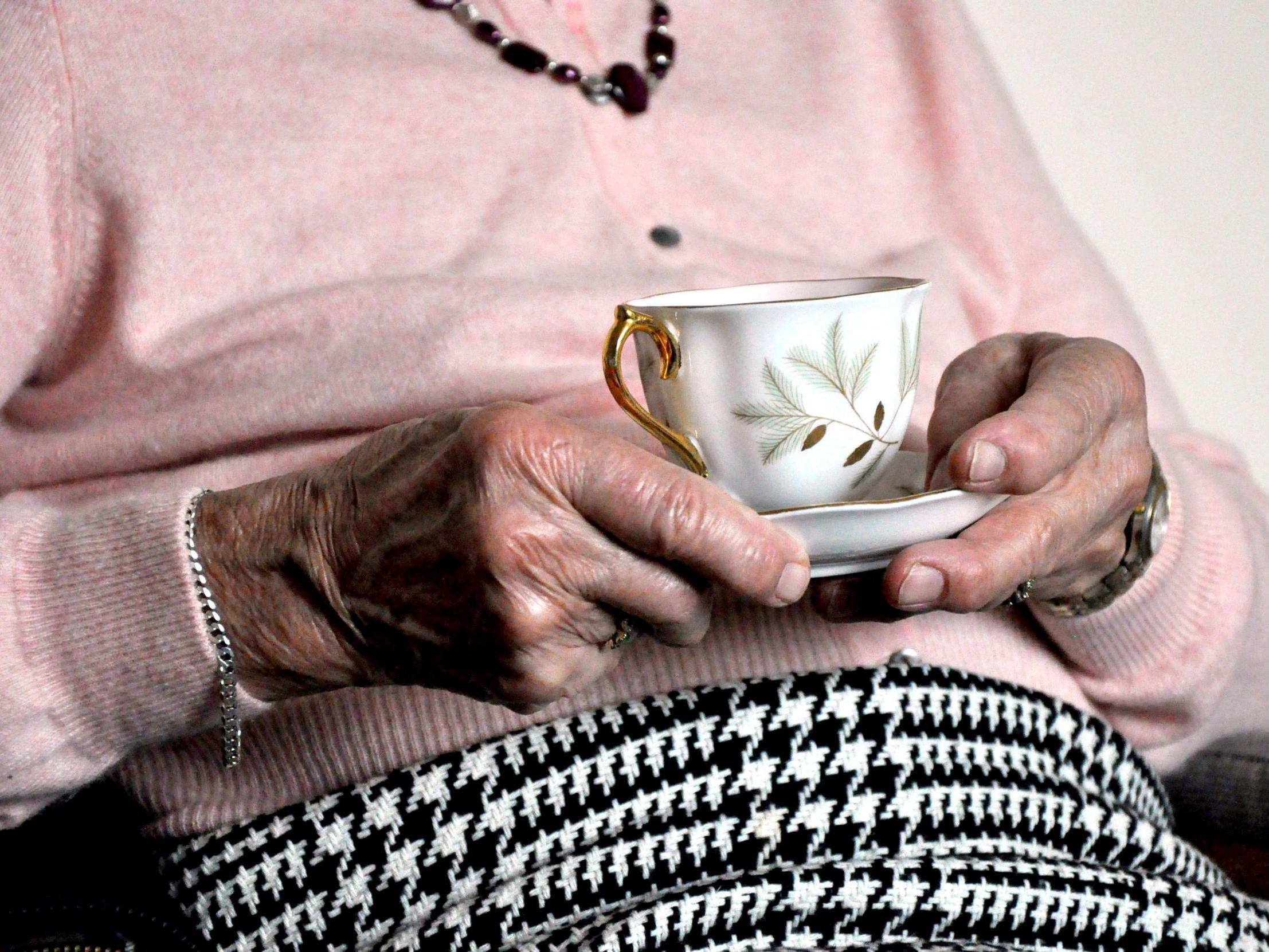Scrapping state pension triple lock could increase number of elderly living in poverty, report warns
Young people, especially on low pay, would bear the brunt of any change, according to new report

Any moves to scrap the state pension triple lock could lead to a huge increase in the number of pensioners living in poverty, a report has warned.
Research suggested that getting rid of the guaranteed increases in pensions could lead to almost 3.5 million older people facing poverty in 2050.
Young people, especially on low pay, would bear the brunt of any change, said the report for the TUC, Age UK and the Centre for Ageing Better.
TUC general secretary Frances O’Grady said: “The UK already has the least generous state pension in the developed world. Getting rid of the triple lock would increase pensioner poverty and hit the poorest hardest.
“Today’s report shows that scrapping the lock will hurt young and old alike. A race to the bottom on pensions helps no one.”
Age UK’s charity director, Caroline Abrahams, said: “Many people are surprised to learn that the average state pension is only just over £7,000 per year – less than half the annual salary of a full-time working adult on the minimum wage of £7.50 an hour.
“Yet millions of older people are heavily reliant on this relatively modest sum, a situation that is set to continue for the foreseeable future.
“Considering the UK’s high poverty levels, the triple lock looks to be an increasingly important mechanism to provide a degree of financial security for current and future generations of older people.”
The triple lock guarantees rises in the state pension by a minimum of 2.5 per cent, the rate of inflation or average earnings growth, whichever is bigger.
PA
Subscribe to Independent Premium to bookmark this article
Want to bookmark your favourite articles and stories to read or reference later? Start your Independent Premium subscription today.

Join our commenting forum
Join thought-provoking conversations, follow other Independent readers and see their replies